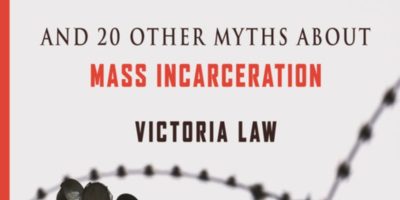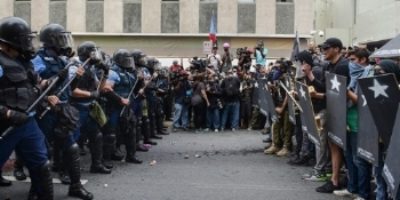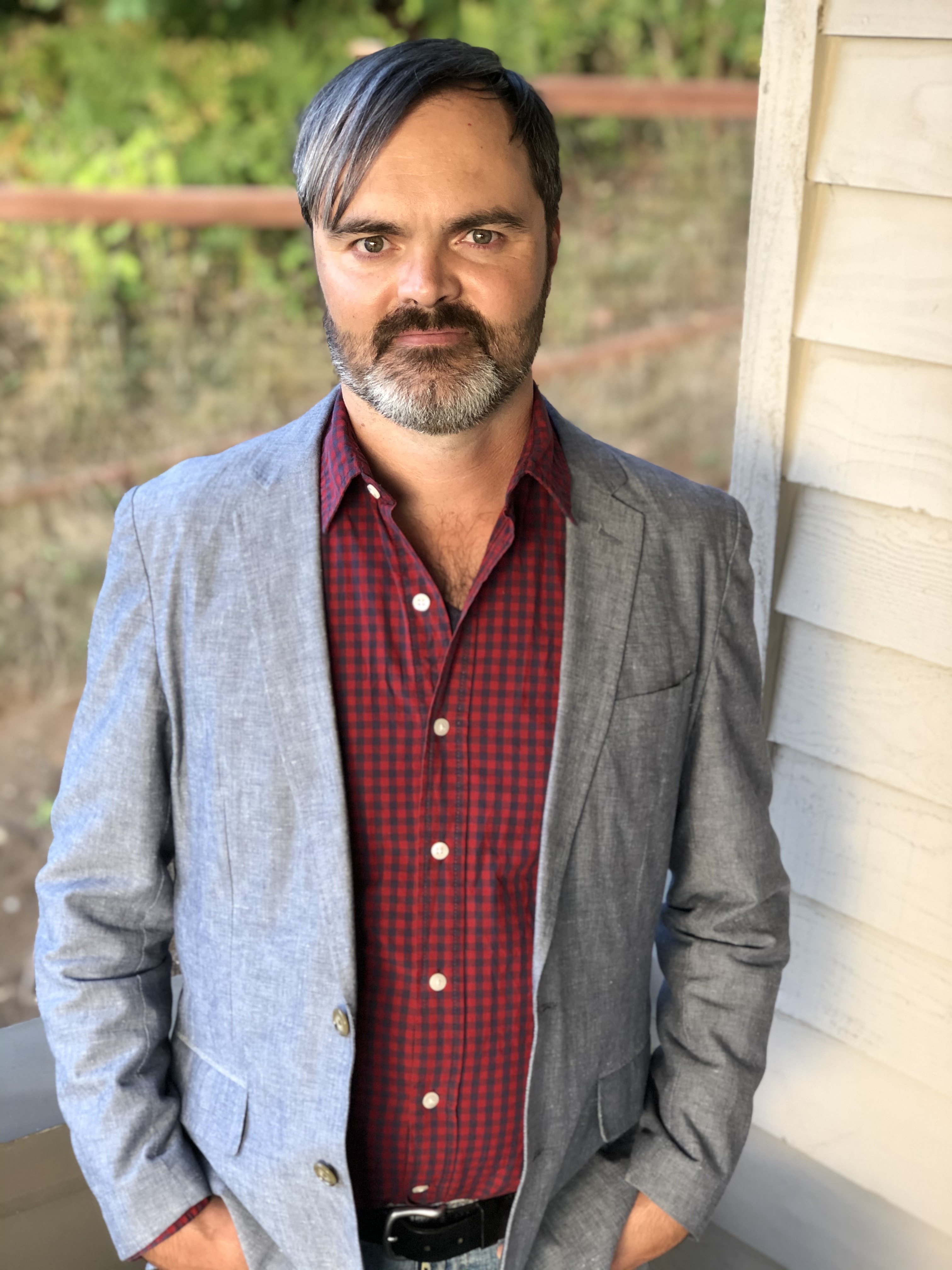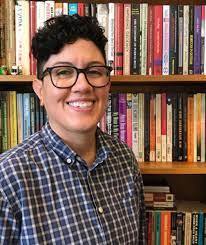Oct 07
Understanding Policing and Surveillance in America




Description
Transforming the nature, role, and function of policing has emerged as an urgent demand by a new generation of activists. This panel traces the history that got us here. These four authors will consider the global impact and historical roots of policing and surveillance in the US.
Speakers
-

Daniel S. Chard
Western Washington University
Dr. Daniel S. Chard writes about social movements, power, and political violence. His book, Nixon’s War at Home: The FBI, Leftist Guerrillas, and the Origins of Counterterrorism, will be published in September 2021 by the University of North Carolina Press (Justice, Power, and Politics series). He is co-editor of Science for the People: Documents from America’s Movement of Radical Scientists (University of Massachusetts Press, 2018), and his writing has appeared in Jacobin, The Washington Post, Radical History Review, and The Sixties, among others.
Dr. Chard is a Visiting Assistant Professor of history at Western Washington University, where he teaches courses on America since 1865, the History of the Pacific Northwest, the United States and International Terrorism, and the United States in the Cold War. Daniel earned a PhD in history from the University of Massachusetts, Amherst in 2016.
-

Victoria Law
Freelance journalist and writer
Victoria Law is a freelance journalist and author. Her books include Resistance Behind Bars: The Struggles of Incarcerated Women (PM Press 2009), Prison By Any Other Name:The Harmful Consequences of Popular Reform (New Press 2020), and “Prisons Make Us Safer” and 20 Other Myths About Mass Incarceration (Beacon Press 2021). She frequently writes about the intersections between mass incarceration, gender and resistance.
Victoria has over ten years of experience working with writers to shape and revise their works for publication. She is the co-editor of Don’t Leave Your Friends Behind: Concrete Ways to Support Families in Social Justice Movements and Communities (PM Press 2012) and has worked with other published authors to ensure that their ideas are clearly articulated in ways that engage a wide range of readers.
From 2003 to 2020, she has edited Tenacious: Art and Writings by Women in Prison. She has also worked with incarcerated women to develop their writings for other publications.
-

Marisol LeBrón
University of California, Santa Cruz
Dr. Marisol LeBrón is a Associate Professor in Feminist Studies and Critical Race and Ethnic Studies at the University of California, Santa Cruz. Prior to arriving at UCSC, Dr. LeBrón held appointments at the University of Texas at Austin, Dickinson College, and Duke University. Dr. LeBrón received her PhD in American Studies from New York University and her bachelor's degree in Comparative American Studies and Latin American Studies from Oberlin College.
An interdisciplinary scholar, Dr. LeBrón’s research and teaching focus on social inequality, policing, violence, and protest. She is the author of Policing Life and Death: Race, Violence, and Resistance in Puerto Rico (University of California Press, 2019) and Against Muerto Rico: Lessons from the Verano Boricua (Editora Educación Emergente, 2021). Along with Yarimar Bonilla, Dr. LeBrón is the co-editor of Aftershocks of Disaster: Puerto Rico Before and After the Storm (Haymarket Books, 2019). Dr. LeBrón has published her research in a variety of venues including Signs: Journal of Women in Culture and Society, Modern American History, Radical History Review, Journal of Urban History, Souls: A Journal of Black Politics, Culture, and Society, Women & Performance: A Journal of Feminist Theory, NACLA Report on the Americas, and the edited volume Policing the Planet: Why the Policing Crisis Led to Black Lives Matter.
Dr. LeBrón is currently at work on two major book projects. The first, tentatively titled Up Against the Wall: Policing and the Making of Latinxs (under contract with University of California Press), aims to uncover the centrality of policing to the emergence and consolidation of Latinx identity in the United States. Her second project, tentatively titled Shared Geographies of Resistance: Puerto Ricans and the Uses of Solidarity, explores the role of Puerto Rican activists in international radical politics and freedom struggles over the course of the twentieth century.
Dr. LeBrón has published op-eds in The Washington Post, The Guardian and Truthout and has been interviewed by a number of news outlets. Dr. LeBrón is one of the co-creators and project leaders for the Puerto Rico Syllabus (#PRsyllabus), a digital resource for understanding the Puerto Rican debt crisis. She is also one of the editors for The Abusable Past, a digital project that features unique and original content related to the praxis of radical history in this social and political moment.
-

Stuart Schrader
Johns Hopkins University
Stuart is Associate Research Professor in the Center for Africana Studies and the Associate Director of the Program in Racism, Immigration, and Citizenship. He teaches courses on police and prisons, Black social movements, and social theory. He received his PhD in American Studies from New York University in 2015.
Stuart is the author of Badges Without Borders: How Global Counterinsurgency Transformed American Policing (University of California Press, 2019). His book examines the relationship between US projections of power overseas and the rise of the carceral state at home. Badges Without Borders shows that during the Cold War the United States used policing experts to modernize police in the developing world, for the purpose of preventing revolution. These experts, in turn, shaped the domestic response to Black insurgency during the 1960s, creating expansive new bureaucracies of criminal justice and aggressive policing techniques and technologies. This book demonstrates that overseas state-building in the domain of security has profound and negative effects on democracy at home.